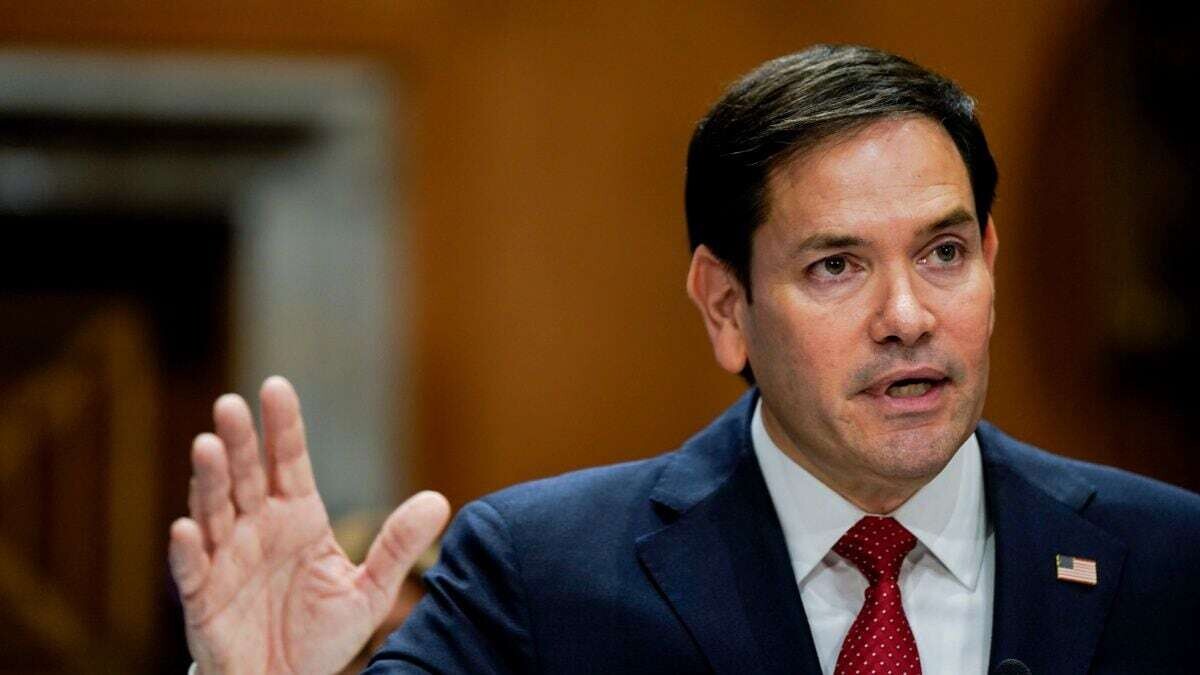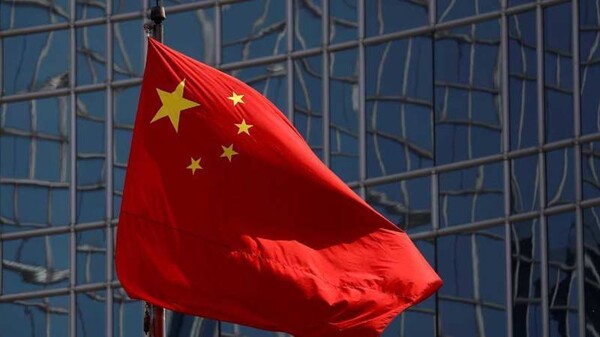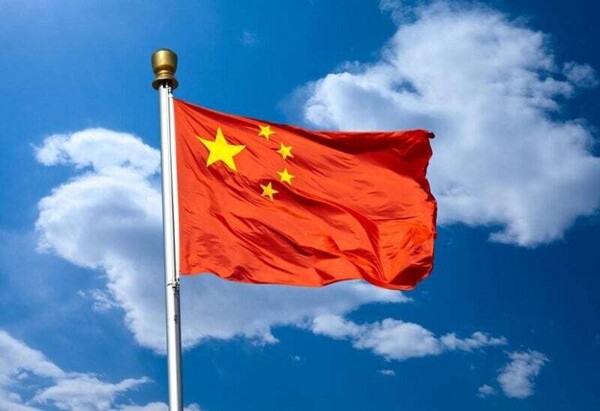
U.S. Secretary of State Marco Rubio expressed his concern about Beijing's coercive behavior against Taiwan and aggression in the South China Sea during his first formal call with Chinese Foreign Minister Wang Yi last Friday. In the call, Rubio emphasized that the new U.S. administration will seek a relationship with China that advances U.S. interests and puts the American people first.
Rubio highlighted the U.S. commitment to its allies in the region and serious concern over China's coercive actions. For his part, Wang Yi mentioned that both parties should implement the "important consensus" reached between Chinese leader Xi Jinping and former President Donald Trump. Wang reiterated that China has no intention of surpassing or replacing anyone, but must defend its legitimate rights.
During the conversation, Wang stated that Beijing would never allow Taiwan to separate from the mainland and warned the U.S. to handle related matters with caution. He expressed that a major country must assume its due international responsibilities, safeguard world peace, and contribute to the common development of countries.
The Chinese government did not mention sanctions in its statement and emphasized the importance of the U.S. playing a constructive role in the future of the Chinese and American peoples, as well as in global peace and stability. Regarding trade relations, there are expectations concerning the possible imposition of tariffs by the Trump administration.
In this context, Trump had promised to impose massive tariffs on China and bring manufacturing jobs back to the United States, which fueled speculation about possible measures in this regard. Additionally, Rubio accused China of hacking and stealing to attain superpower status in a recent confirmation hearing.
It is important to note that in 2020, China imposed sanctions on the United States twice for criticisms of Beijing's handling of Hong Kong and Xinjiang, as well as for supporting laws that would penalize the Chinese government. This backdrop of tensions and discussions reflects the complexity of international relations today.













